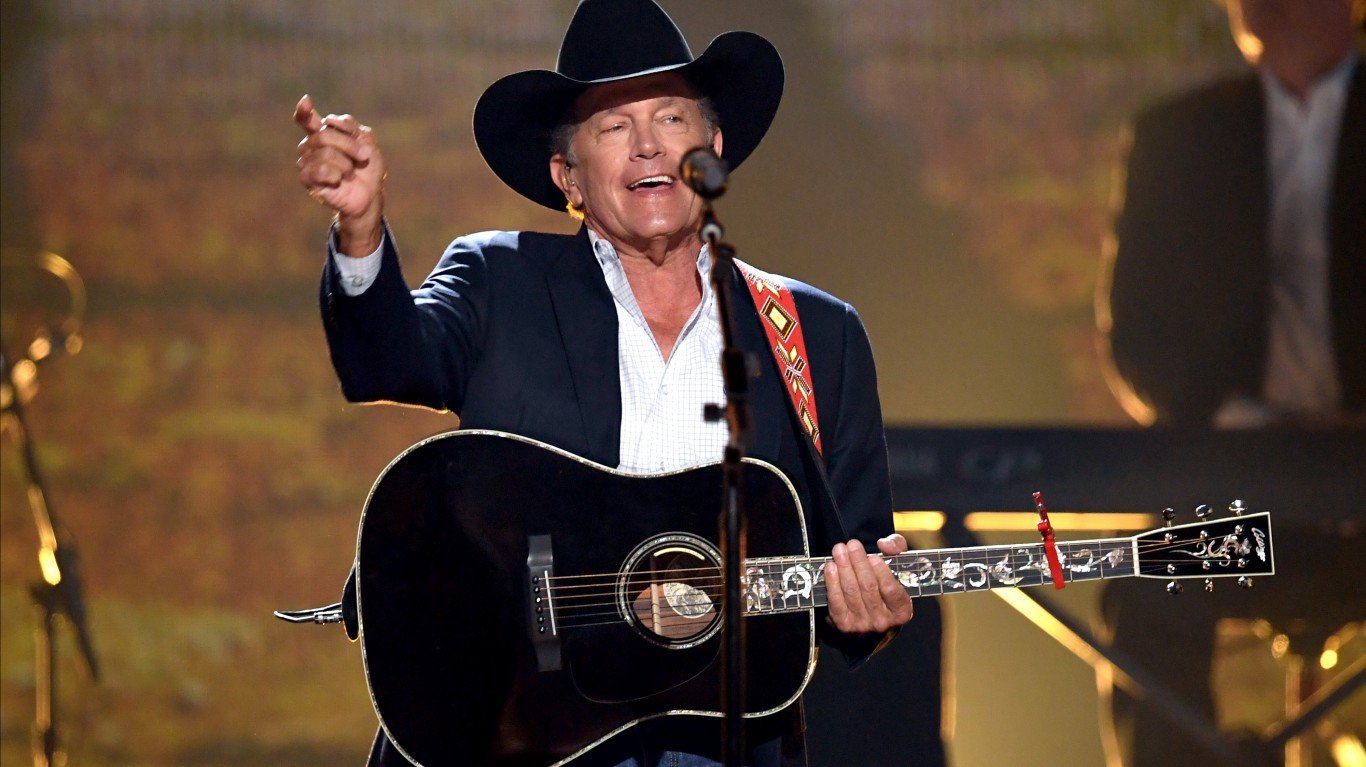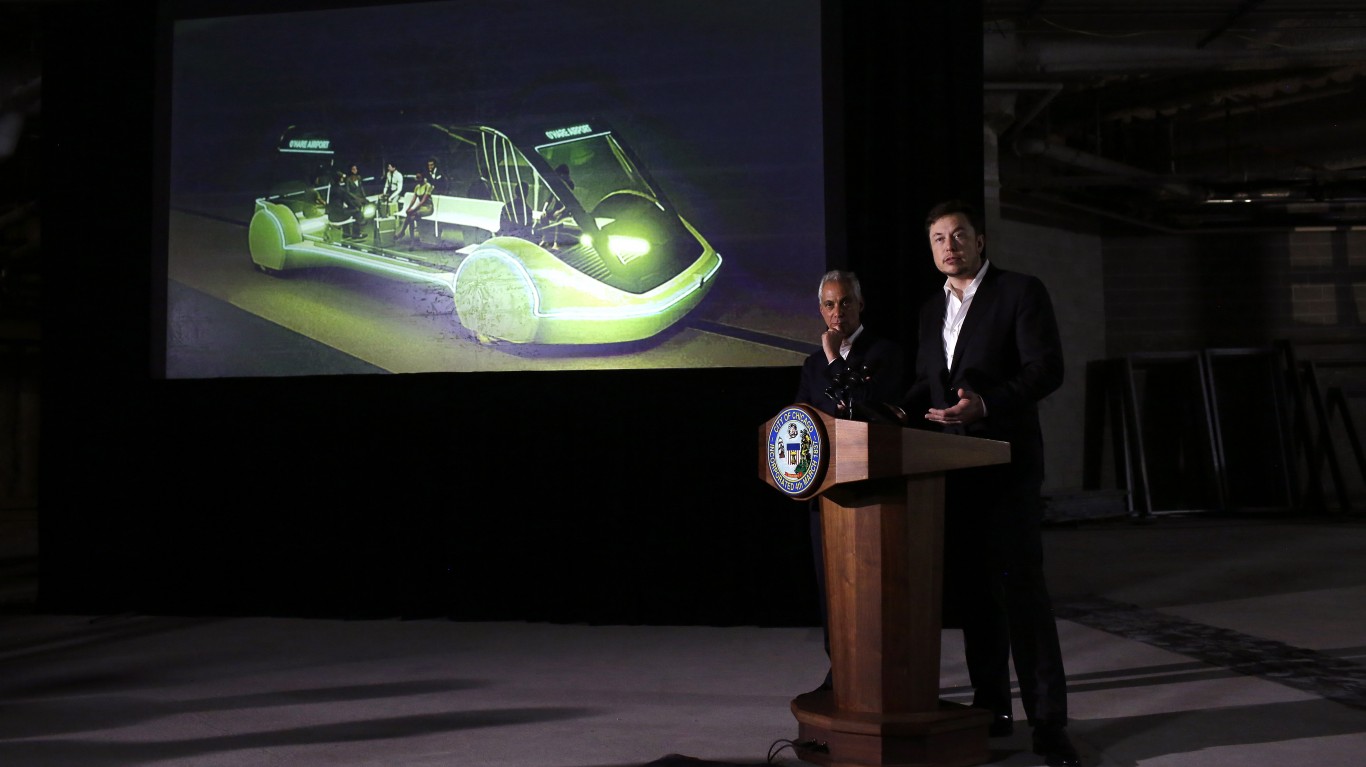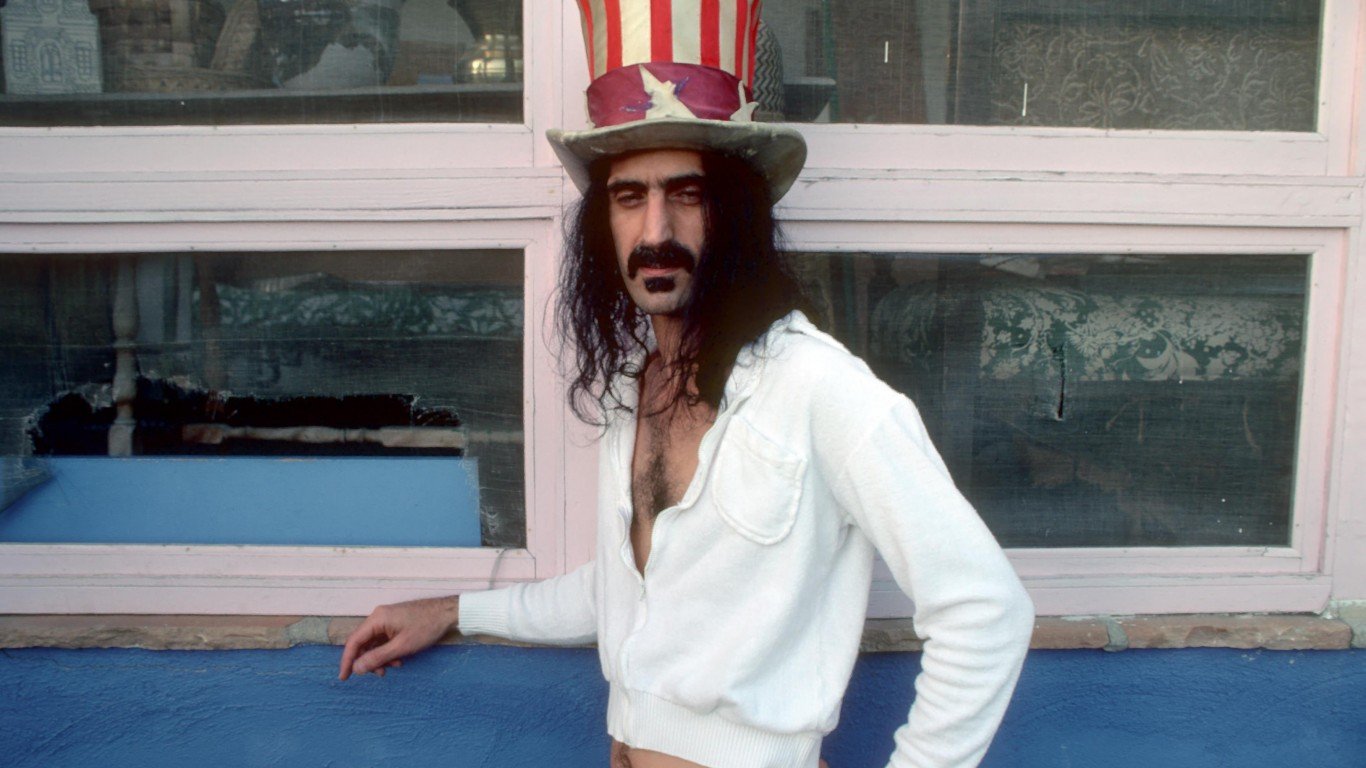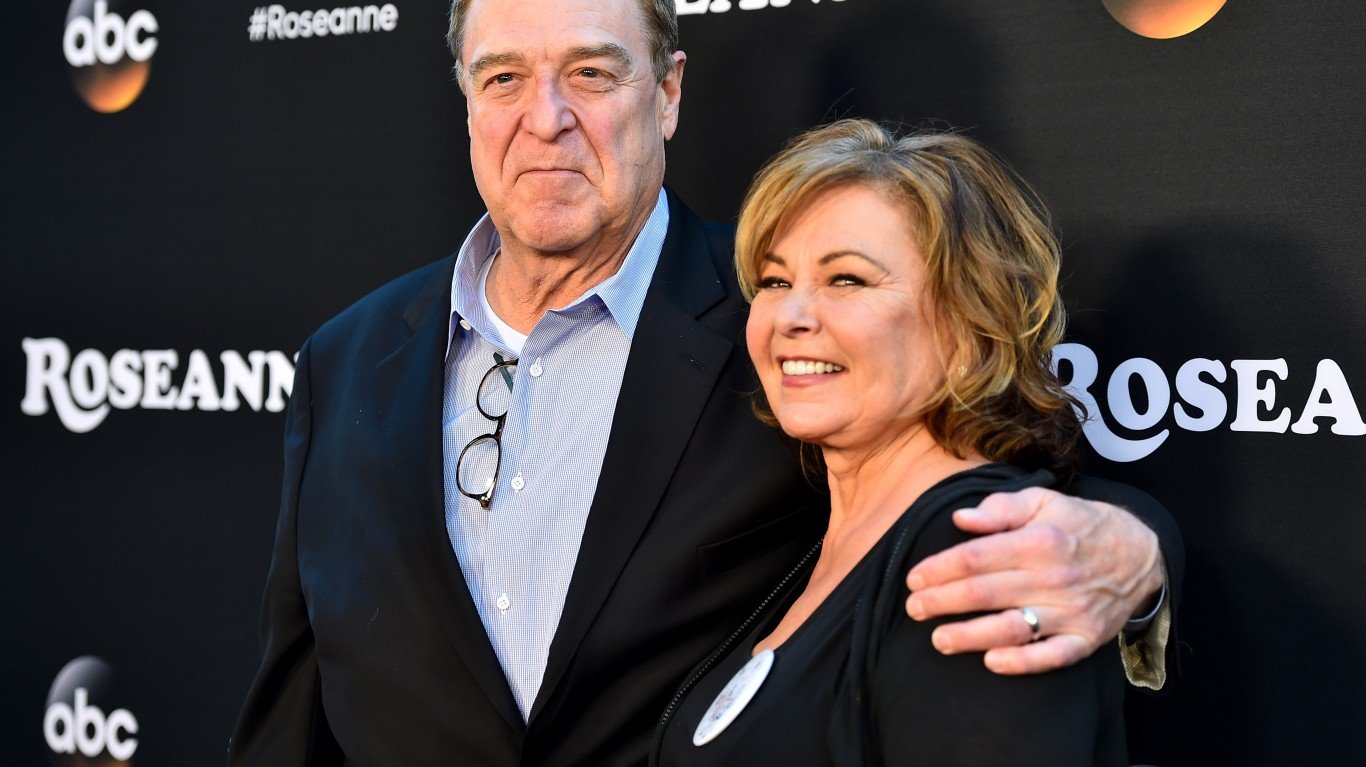 Amazon.com Inc (NASDAQ: AMZN) cut the price of its basic Kindle e-reader to $189 from its current price of $259 and Barnes & Noble (NYSE: BKS) cut the price of its 3G/WiFi compatible Nook from $259 to $199.
Amazon.com Inc (NASDAQ: AMZN) cut the price of its basic Kindle e-reader to $189 from its current price of $259 and Barnes & Noble (NYSE: BKS) cut the price of its 3G/WiFi compatible Nook from $259 to $199.
It is not likely that the cost to build and sell the e-readers has come down by 25%. Most analysts believe that with the price cuts in place neither company will be making much margin on the machines. Amazon and Barnes & Noble may see increases in the number of e-books that they sell. But, that is not particularly a good business either. Investors are skeptical about the value of the decision and it showed in Amazon’s share price.
GigaOm recently reported that e-books have a potential to reach 25% of the reading market. The benefit of that, the article said, is that Amazon will bring in $4 billion a year within several years due to its dominance of the business.
Those number would seem promising, but even Amazon.com CEO and founder Jeff Bezos is not terribly optimistic about the sectorBezos pointed out recently that nine out of ten households do not have any serious readers. There are about 120 million households in the US, so 12 million is a relatively large market. But, it is not an iPod or PC-sized market. Nor is it a smartphone sized market. The Kindle will not be a 10 million unit a year business for Amazon. If it is lucky, sales will be closer to 2 million or 3 million. That number may be high if young Americans spend most of their time with video games, texting, and Twitter.
The e-book business was a good one until Apple Inc (NASDAQ: AAPL) launched its iPad. Book publishers used it as a way to get Amazon to change its pricing strategies so that it would do less to cannibalize physical book sales. The publishers were smart. People will buy a book if they want to read it. It they don’t have an e-reader, the publisher does not lose a sale. Amazon might.
Amazon has been able to maintain a $9.99 price on some of its e-books, but that low price hurts it margins just as much as a lower price on the Kindle does. The book publishers get their payment even if Amazon keeps e-book prices low. The fight among Amazon, Barnes & Noble, and other e-book providers may help lower consumer prices, but the competition creates the same problem that PC and cellphone firms do. Eventually margins move toward zero. Amazon gets to dominate a market with small profits on large volume.
Bezos has been fairly quiet about the Kindle and Amazon’s e-book business. He is resetting market expectations lower than they were a year ago. He does not want Wall St. to be unpleasantly surprised.
Douglas A. McIntyre
Sponsored: Want to Retire Early? Here’s a Great First Step
Want retirement to come a few years earlier than you’d planned? Or are you ready to retire now, but want an extra set of eyes on your finances?
Now you can speak with up to 3 financial experts in your area for FREE. By simply clicking here you can begin to match with financial professionals who can help you build your plan to retire early. And the best part? The first conversation with them is free.
Click here to match with up to 3 financial pros who would be excited to help you make financial decisions.
Thank you for reading! Have some feedback for us?
Contact the 24/7 Wall St. editorial team.



